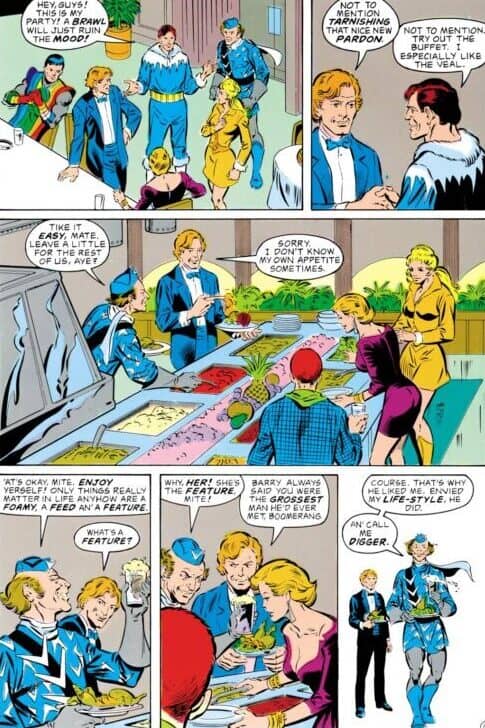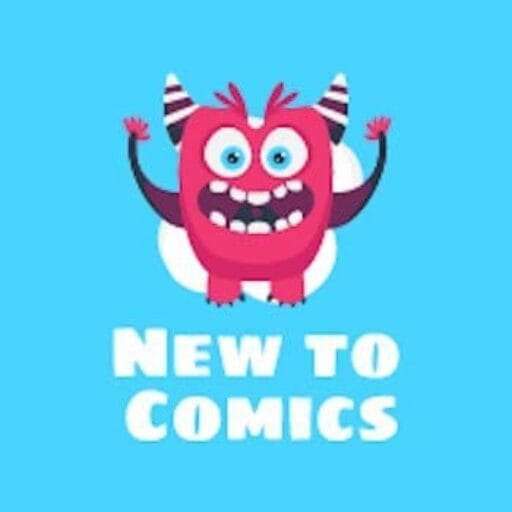***Contains Spoilers***
William Messner-Loebs took the reins of The Flash in the late 80s (Issues #15-61). This period marks a transition in both tone and setting, moving the story from New York to Keystone City, and reshaping Wally from a sidekick to a hero in his own right. While Messner-Loebs’ work introduced key developments, such as Wally’s evolving relationship with Linda Park, much of the series failed to leave a lasting impression on me.
There were some solid moments sprinkled throughout the series, most notably in the early issues. One that stood out was the quirky issue where Wally was accidentally invited to a party hosted by Barry’s rogues gallery. It was an interesting exploration of how the Flash’s enemies viewed their former adversary, with Wally caught in an uncomfortable social situation. Moments like this injected humor into the series, which was a nice change of pace from the often melodramatic tone of Wally’s inner struggles.
The shift from New York to Keystone City was a smart move in the long run, establishing Wally as a true part of the city’s landscape. Another high point was the introduction of Linda Park as an emerging character, which was one more addition to Wally’s disjointed romantic life.
Unfortunately, the series falters in its execution more often than it succeeds. The majority of the stories here felt forgettable. While Messner-Loebs tried to explore Wally’s maturation and his role as a hero, many of the plotlines seemed aimless or bogged down by filler. I found myself trudging through issues without much engagement and Wally’s constant self-pity and recklessness made him difficult to sympathize with.
The biggest drawback, however, was Wally West himself. I really struggled with his characterization. Wally came off as whiny, irresponsible, and selfish—traits that made it hard to root for him. His behavior as a friend and boyfriend was particularly disappointing, which is why I enjoyed the way Connie chose Chunk over Wally at the end of the run. Wally often treated those closest to him poorly, further diminishing his appeal as a hero. I get that he was supposed to be a flawed character, but I didn’t see enough growth to make his journey feel rewarding.

Moreover, the shift away from Chunk and his mother—two characters I was never particularly fond of—was a relief, but it didn’t do enough to elevate the overall quality of the story.
While there were a few moments that stood out, particularly in terms of world-building and character introductions, Messner-Loebs’ run on The Flash ultimately felt like a slog. The series’ forgettable plots and a main character who was tough to sympathize with made it hard for me to get through the entire stretch of issues. This is the kind of series I’d recommend to hardcore Flash fans who want to see all the pieces come together, but not to anyone looking for a truly enjoyable read in today’s era. 2 stars.
Feature Image The Flash #51 cover art by Jose Marzan Jr. and Greg LaRocque
Keep NewToComics.com running with a donation or shopping with through our affiliates—your support helps maintain the site and continue guiding new readers into the world of comics!


